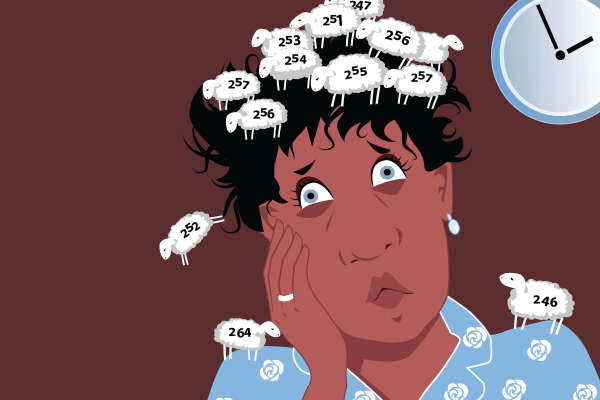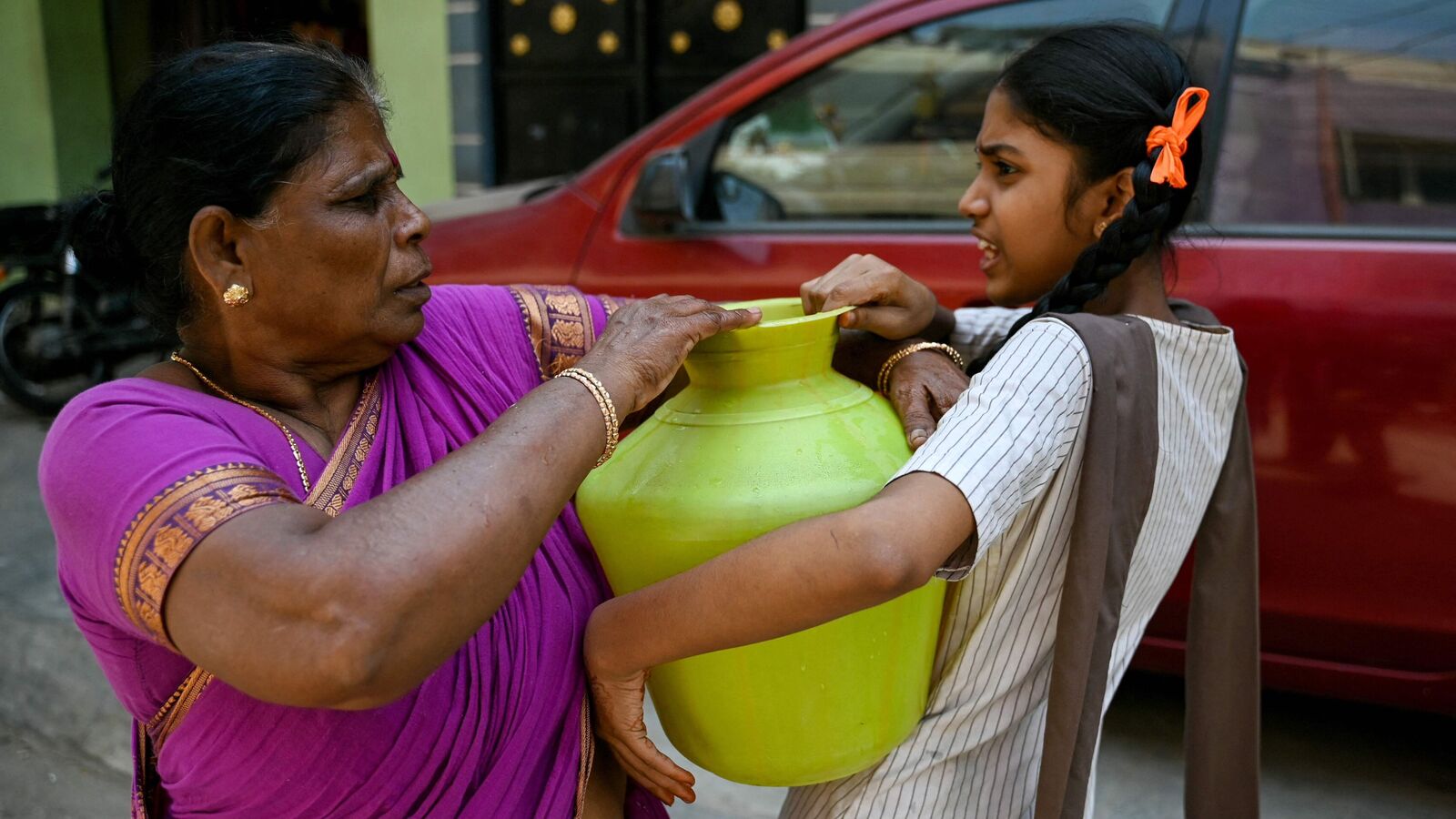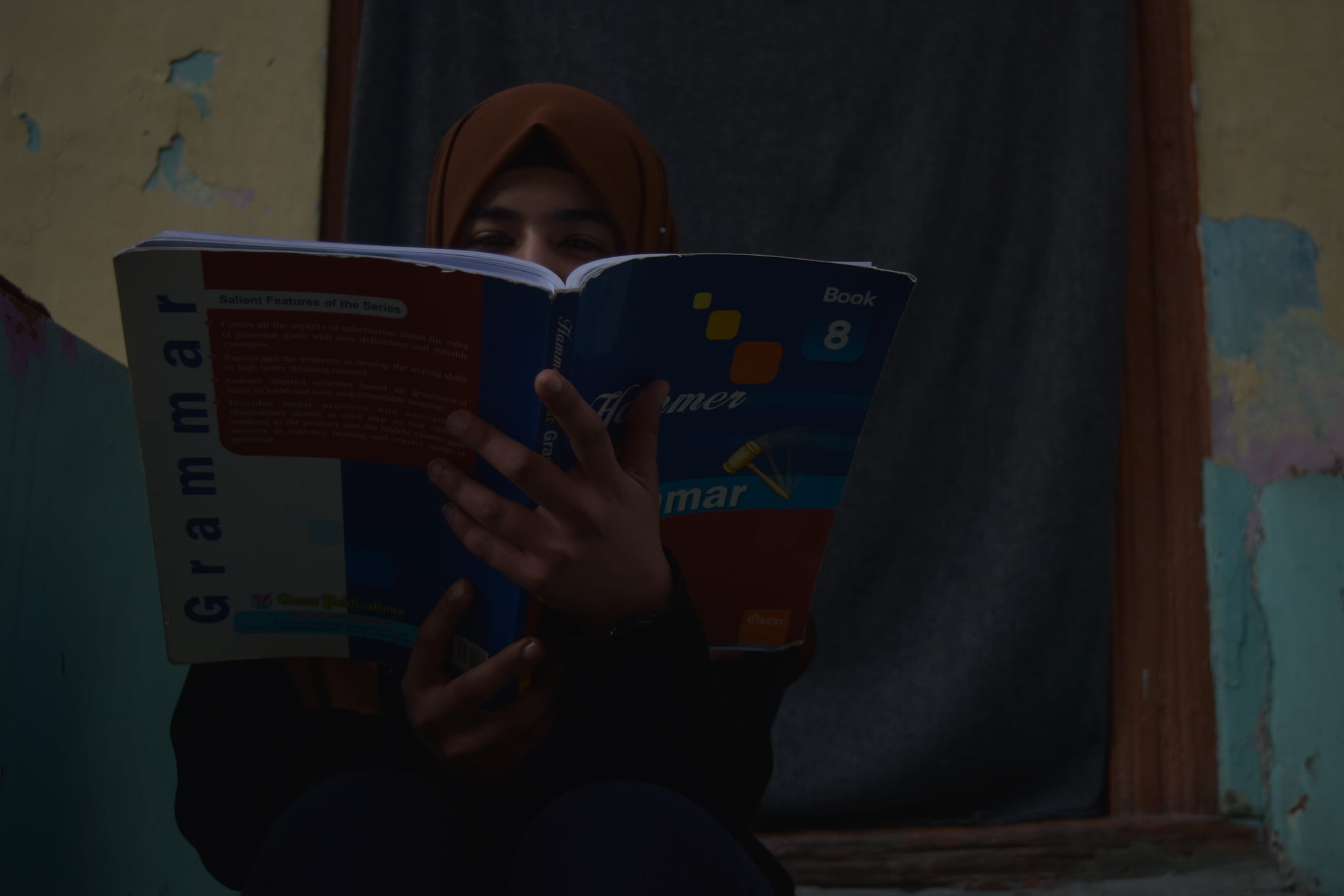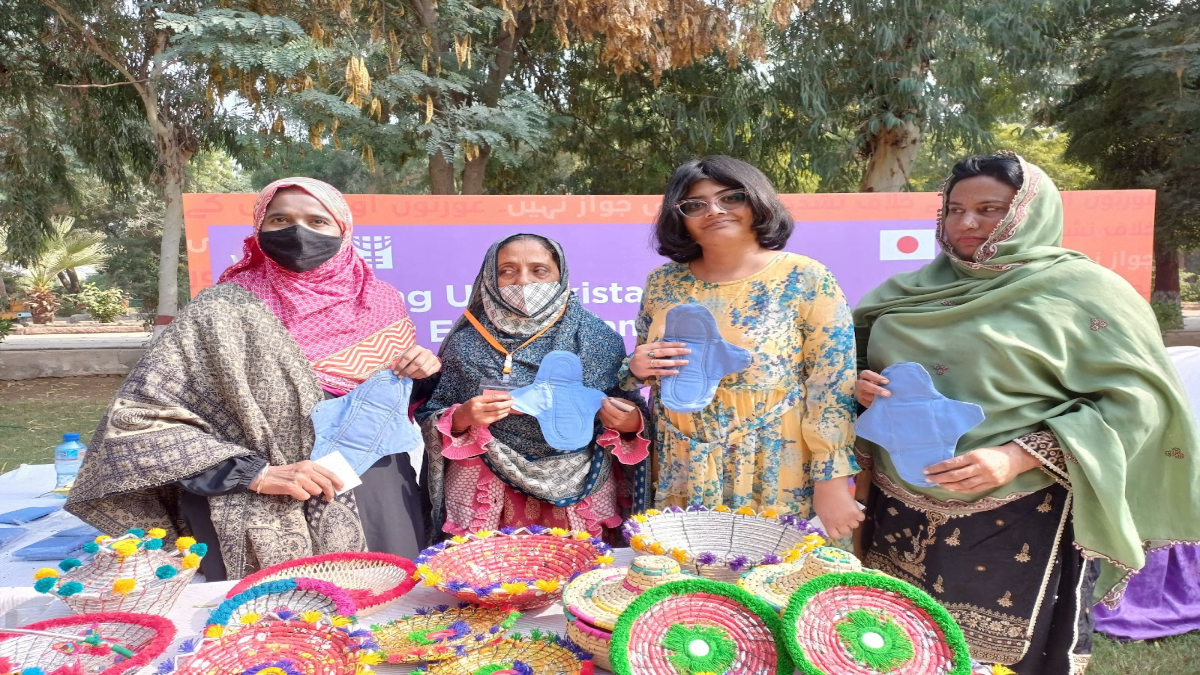Posted by Sasha
In the last decade, many of my friends’ mothers have gone through menopause. While most of my female friends have been aware of their mothers going through “the change”, the majority of my male friends seemed to not be aware, and even if they were, they didn’t know what to do with the information. They couldn’t think of approaching their mothers or offering any kind of help.
Having grown up in a fairly progressive family, where all the women have worked, held positions of power and not restricted to the domestic space, I heard the term menopause first when I was 11. My mother’s aunt was menopausal and they were having a deep discussion of the symptoms as a warning to my mother, whose menopause would soon follow.
Even so, none of the women in my family ever discussed menstruation and menopause with the men in our family. It was something women went through, hence it would forever be something that women talked about, in hushed tones and behind closed doors.
“Menopause” is defined as the time when the final menstruation cycle occurs. The more accurate word of the time period of the changes associated with menopause is “climacteric”. This is simply defined as the period when a woman’s body moves from a reproductive to a non-reproductive stage.
Menopause was something that women talked about, in hushed tones and behind closed doors.
This phase can last from five to ten years. This includes perimenopause and postmenopause. Perimenopause is the part of the climacteric where the menstrual cycle is likely to be irregular. Postmenopause is the phase after menopause. During climacteric, the ovaries decrease the production of oestrogen: responsible for pregnancy, monthly cycles and maintaining the cardiovascular system and skin and bone health.
Menopause is different in every woman. While some may not feel the effects at all, for others they may cause great biopsychosocial distress. Symptoms associated with menopause are hot flashes, disturbed sleeping patterns, irritability, lack of motivation, fatigue, mood changes, poor memory, the inability to concentrate, dizziness, lack of interest in sexual activity, anxiety and depression.
Mental health problems are believed to be higher in women who experience an early or late menopause. Studies have found certain reasons for the onset of menopause. These are: early age of first menstrual cycle, BMI, early marriage, overuse of oral contraception. Delayed childbirth can delay menopause.
A recent study has shown the rise of early menopause among women in India. Women as young as 29 have started experiencing some form of premenopause. Yet, no TV debates are dedicated to a serious problem affecting a significant chunk of our population. The study has also suggested that better education and awareness around menopause can delay the age of menopause and help women cope better with menopause and climacteric.
Also Read: Menstruation And The Need For Inclusivity In The ‘Period Positive’ Movement
Think about it. When you know something is bound to happen to you, there is no avoiding it, you will want to find out more about it – what it entails, when it happens, etc. Whereas, if you are totally unaware of it, have no idea what it entails and when it might happen – it will take you by surprise and you will not be prepared for it.
Even though more women report physical discomfort during menopause, a significant number of women also report psychological issues. The staggering reality is that many women are not even aware that their mood swings, irritability, and short temper are perhaps due to climacteric.
Instead, women ignore this, and usually never report it to members of their families. Menopausal issues in India are not discussed, and not much literature and information around menopause exists.
The fact is, in India, we don’t like to talk about women’s bodies and health. A woman’s worth is tied to her fertility and many women think that once they hit menopause the only thing different about them is that they can no longer give birth.
no TV debates are dedicated to a serious problem affecting a significant chunk of our population.
Again, menopause is different for every woman. For my mother, it was raging hot flashes and insomniac nights during which she sometimes read entire books. Her hot flashes amused me and I happily gave her company on long nights reading beside her. For my mother’s best friend though, it was a time of great insecurity and she even indulged in hormone replacement therapy and some uplifting botox.
My domestic help reported body aches, headaches, hot flashes and how much her children and employers annoy her. After a few months of sitting and smoking, she and I had become good friends and I slowly started questioning her about her cycle. It had been irregular for over two years and she had no idea that her increased irritability, hot flashes and joint aches had anything to do with menopause. She was not given this information.
Counselling can be essential for someone who is severely affected by these symptoms. In New Zealand and Canada, there are support groups available for women experiencing change, and counselling is especially important in the case of early menopause. Important questions about vulnerability, sexual desires, relationships, working patterns can all be shared and discussed. If necessary, the woman could be referred to a clinical psychologist.
It is important to remember that menopause is as natural as menstruation. More women need to talk about their experiences regarding menopause. This will help in increased learning about the subject and help women through the process of climacteric. There is a grave need for visibility and awareness, so that women receive help in their homes and workplaces.
References:
Research Gate
The Hindu
Academic Journals
Obgyn Online Library
Also Read: Let’s Talk About PMS And Some More Pre-Menstrual Stuff
Featured Image Credit: Fab Over Fifty




